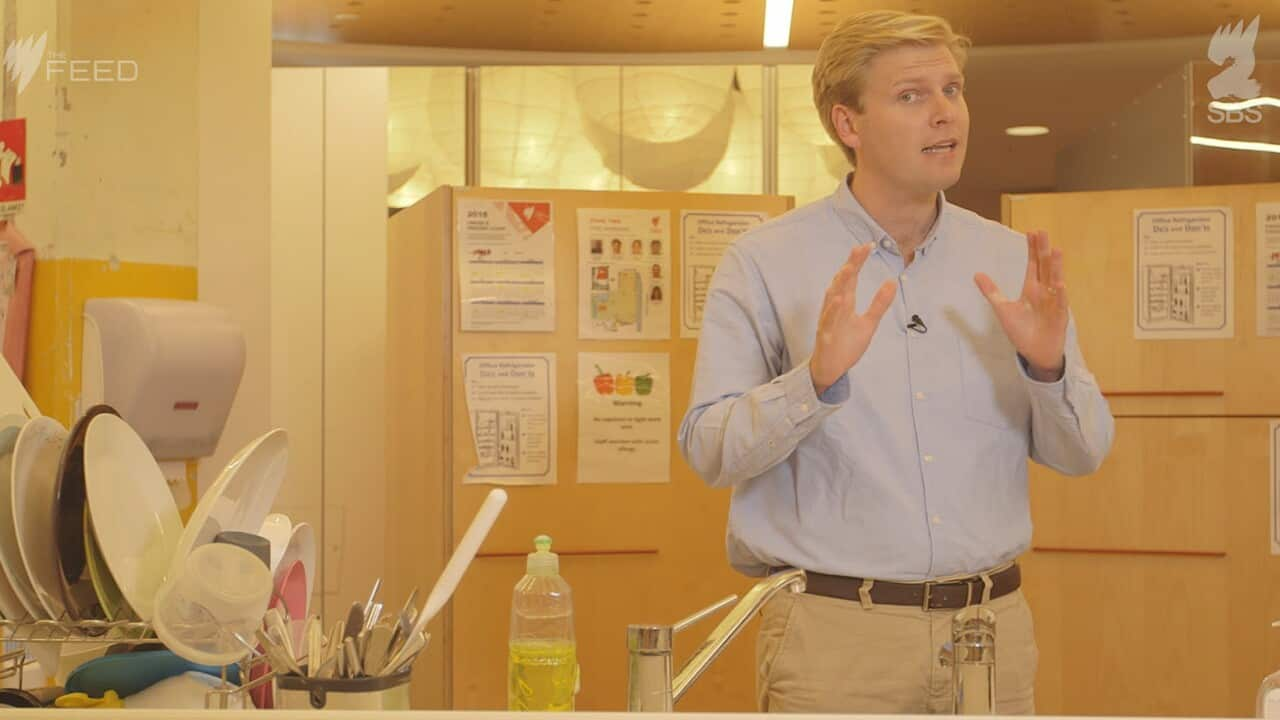No-one is entirely immune to nostalgia, so it’s not a huge surprise that there’s a very popular economic idea making a bit of a comeback from a government whose members increasingly came of age in the go-go eighties of Thatcher and Reagan: trickle-down economics.
It’s normally couched as “supply side economics” these days, presumably to avoid the unpleasant and accurate implication that it’s related to urine, and the notion is marvellously straightforward: rich people spend more money than poor people, so if we make rich people richer they’ll spend even more of that money and thereby stimulate the economy - which, in turn, will be powered to employ all those poor people who’ll then presumably get rich and then spend their money similarly, creating a marvellous cycle of wealthsmanship.
Every time a politician talked about “growing the pie” with a straight face during the election they were referring to this idea, that a bigger economy helps everyone with its bigness and it doesn’t matter if you’re helping 10,000 lower income people or one rich dude 10,000 times more than everyone else.
And like so many popular ideas, it’s clear, simple, and wrong. Not least because you don’t “grow” pies, you bake them - and there’s no way to make it bigger without physically putting more resources into it.
"Making the rich richer has made the rich a hell of a lot richer, while doing nothing for those at the bottom"
The evidence has been starkly clear: making the rich richer has made the rich a hell of a lot richer, while doing nothing for those at the bottom. Nor, as the International Monetary Fund discovered in a study published in 2015, does cutting tax rates for the rich help the economy: more specifically, increasing the income of the wealthiest 20 per cent by 1 percent causes the annual rate of economic growth to reverse by nearly 0.1 per cent inside of five years. In other words: that’s a smaller pie, with rich people allocated a larger slice of it.
Another reason is that rich folks tend not to spend their money the same way that poor people do. Obviously they spend a lower proportion of their money than do poor people, but one of the great luxuries of being well off is that money is not just something to spend on shelter and nutrition and solid gold jetskis but also act as a buffer against future penury.
“How much jobs and growth is created by one rich person paying another rich person $30 million for their harbourside house?”
The most obvious ways are things like home ownership and superannuation, which are not in themselves mighty demand-stimulators, but the wealthy often simply stay wealthy by straight-up amassing wealth. As Michael Bradley elegantly put it at the ABC, “how much jobs and growth is created by one rich person paying another rich person $30 million for their harbourside house?” and money plonked in an offshore tax haven does nothing to help kick-start the economy or support the working classes.
Even investing in business doesn’t necessarily lead to greater employment or greater domestic spending, because dividends are paid to shareholders and not all shareholders in Australian business are Australian, meaning that this money leaves the country rather than contributing to the local economy.
Given that the trickle seems to entirely evaporate before getting anywhere near down, you might think that the reverse might work better and that giving tax cuts, benefits and/or literal lumps of money to those at the bottom of the pile would flow on to the economy as a whole - since one person’s spending is another person’s income - almost like a “package” that would act as a “stimulus”, similar to the one that prevented Australia experiencing the devastating unemployment and recession much of the rest of the world experienced during the Global Financial Crisis.
RELATED NONSENSE FROM MARK HUMPHRIES

And now, Mark Humphries has a message on welfare
But conservative governments are less fond of such ideas, historically preferring to treat unemployment as a moral failing rather than an economic reality and presenting the removal of safety nets for those at the bottom as being “the end of the age of entitlement”.
And that’s why the government are holding fast in the face of notorious socialist types such as the Reserve Bank, who are currently arguing that since interest rates are effectively zero right now, the government would be well advised to borrow up big and spend on infrastructure which the nation urgently needs, since it would not only be a once-in-a—lifetime discount price and, conveniently, employ a lot of people all over the nation - especially the sorts of skilled workers currently losing their jobs from the downturn in mining and manufacturing.
But that would require admitting that maybe Australia doesn’t have a horrendous unmanageable debt crisis that seems to require all sorts of swingeing cuts to benefits and services. And since that’s not going to happen, expect to hear a lot more about how tax cuts for business and the better off spur on growth - even though the opposite is demonstrably true.
Andrew P Street is a writer and podcaster from Sydney, Australia. He has a regular column called A View From The Street on in the Sydney Morning Herald, and his new book, The Curious Story of Malcolm Turnbull: the Incredible Shrinking Man in the Top Hat, is out now. He also hosts a podcast with Dominic Knight called The Double Disillusionists.
Tune in to #TheFeedSBS at 7.30pm Monday - Friday on SBS 2, stream live, or follow us on Facebook, Twitter, Instagram,Tumblr, or Vine.
Share
Through award winning storytelling, The Feed continues to break new ground with its compelling mix of current affairs, comedy, profiles and investigations. See Different. Know Better. Laugh Harder. Read more about The Feed
Have a story or comment? Contact Us


